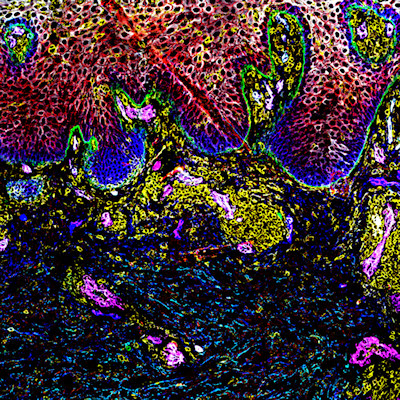September 23, 2022 -- Chan Zuckerberg Initiative (CZI) and Harvard University leaders celebrated the launch of the new Kempner Institute for the Study of Natural and Artificial Intelligence with a symposium held at Harvard's campus on September 22. The event also included remarks from industry leaders in science, technology, and artificial intelligence (AI), including Bill Gates.
The Kempner Institute, funded by a $500 million gift from Priscilla Chan and Mark Zuckerberg, seeks to better understand the basis of intelligence under the premise that the two fields of intelligence in natural and artificial systems are intimately interconnected.
Researchers will study AI systems, including artificial neural networks, from biological, cognitive, engineering, and computational perspectives to develop theories as well as practical knowledge of how these systems operate and learn. The Institute's goal is to develop testable theories that explain how our brains compute and learn, and begin to explain diseases like schizophrenia, dyslexia, or autism. Scientists will also focus on research topics such as learning and memory, perception and sensation, brain function, and metaplasticity.
"We're blending research, education, and computation to nurture, raise up, and enable any scientist who is interested in unraveling the mysteries of the brain. This field is a nascent and interdisciplinary one, so we're going to have to teach neuroscience to computational biologists, who are going to have to teach machine learning to cognitive scientists and math to biologists," said Dr. Bernardo Sabatini, PhD, co-director of the Kempner Institute and the Alice and Rodman W. Moorhead III Professor of Neurobiology at Harvard Medical School.
CZI's 10-year vision is to advance research and develop technologies to observe, measure, and analyze any biological process within the human body -- across spatial scales and in real-time. Its goal is to accelerate scientific progress by funding research to advance entire fields, while working closely with scientists and engineers at partner institutions like the Chan Zuckerberg Biohub and Chan Zuckerberg Institute for Advanced Biological Imaging.
Copyright © 2022 scienceboard.net








